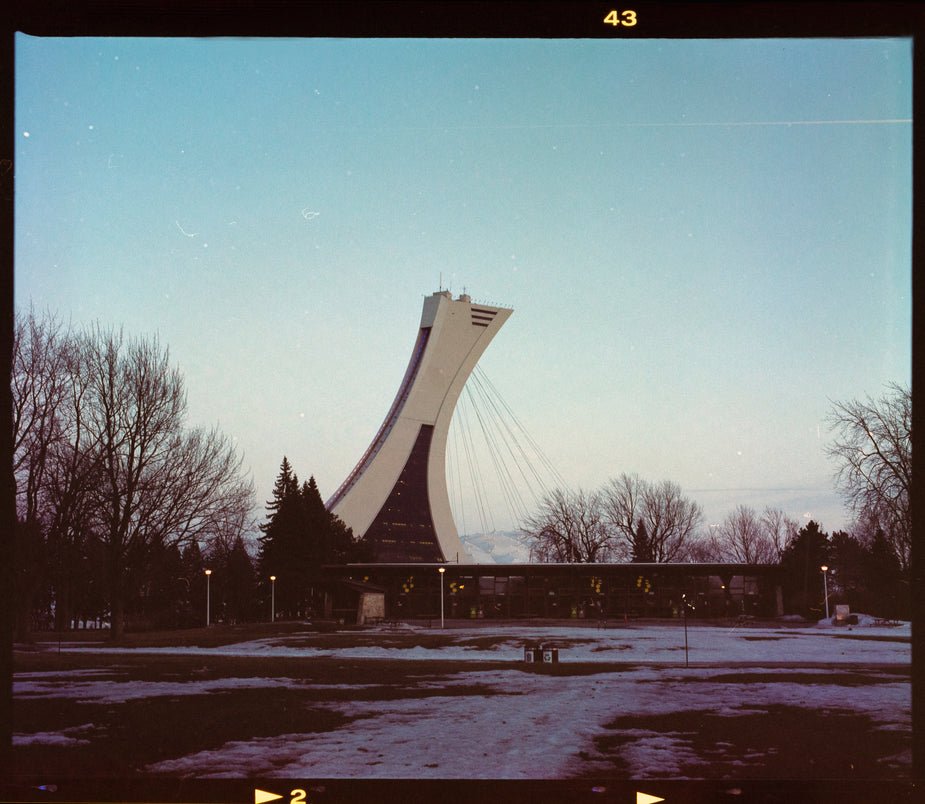
Beginner Film Camera Tips: How to Get Started with 35mm Film Photography
Share
Choosing the Right Camera
When starting with 35mm film photography, it's essential to choose a suitable camera. Look for a 35mm single-lens reflex (SLR) camera from reputable brands like Canon, Minolta, Nikon, Olympus, or Pentax. These cameras are known for their durability, quality, and ease of use. You can find affordable options on online marketplaces like eBay or in local second-hand stores.

Understanding Film Types
There are various film types available, each offering different characteristics and effects. Some popular options include:- Black and white film: Offers a classic, timeless look and is often easier to develop at home.
- Color negative film: Provides a wide range of colors and is suitable for most situations.
- Slide film: Produces vibrant colors and high contrast, but can be more challenging to work with.
Experiment with different film types to find the one that best suits your style and preferences.

Photo by Sarah Pflug
Mastering Exposure
Understanding exposure is crucial for capturing well-lit images. The "Sunny 16" rule is a helpful guideline for beginners: on a sunny day, set your aperture to f/16 and your shutter speed to the reciprocal of your film's ISO. For example, if you're using ISO 100 film, set your shutter speed to 1/100. Adjust your settings accordingly for different lighting conditions.
Developing and Scanning
Once you've shot your film, you'll need to have it developed and scanned. Many local photo labs offer these services, or you can try developing your film at home if you're feeling adventurous. When scanning your negatives, consider investing in a dedicated film scanner for higher quality results.

Photo by Matthew Henry
